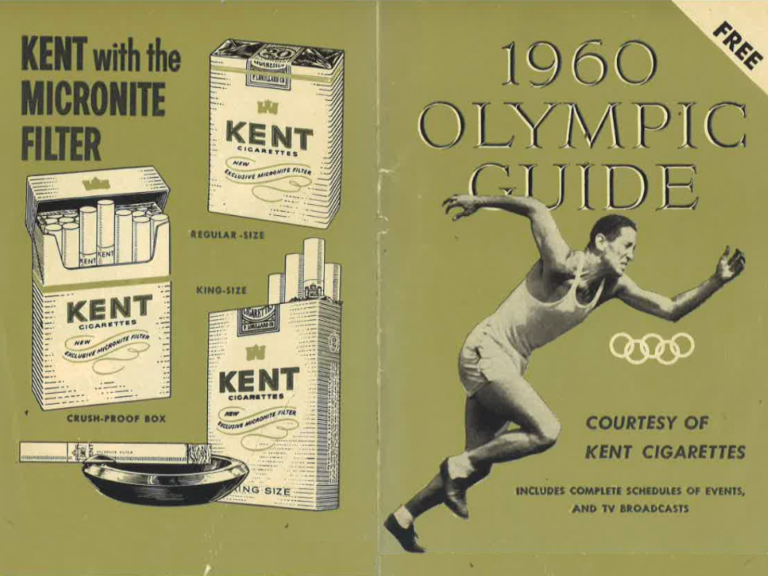ANDREW LEE was named medical director of the Texas Center for Proton Therapy, a collaboration of Texas Oncology, Baylor Health, McKesson Specialty Health, and The US Oncology Network, effective Feb. 1.
Lee was a professor in the Department of Radiation Oncology at MD Anderson Cancer Center, working there for over 13 years. He was medical director of MD Anderson’s Proton Therapy Center, and served as director of advanced technologies. He was recognized as a recipient of The University Cancer Foundation Faculty Achievement Award in Patient Care.








